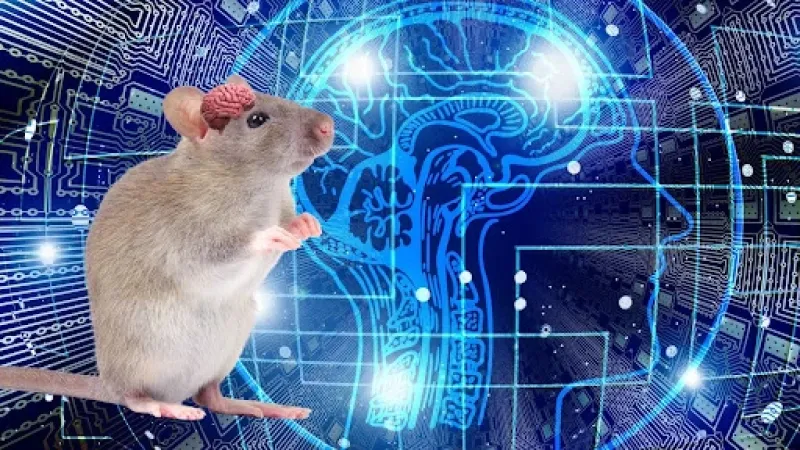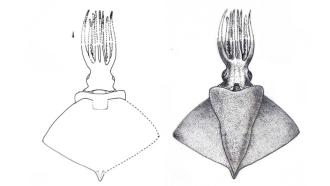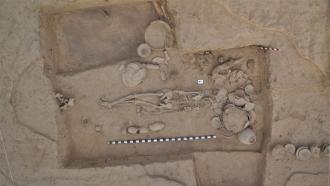
An adult human is believed to make an average of 35,000 decisions per day. A general decision-making process begins with the brain receiving sensory input and processing it, and retrieving relevant memories. Then, different brain regions work together to assess the potential outcomes and consequences of each choice and ultimately, the brain selects a course of action. All of this happens in a matter of a few milliseconds. However, when an individual is stressed, this decision-making process can take much longer. Researchers have been trying to understand this connection between stress and the complex processes of the mammal brain.
A new study by a team of researchers, including researchers from the Indian Institute of Technology (IIT) Delhi, All India Institute of Medical Sciences (AIIMS), and others, offers fascinating insights into such decision-making by comparing how both humans and rodents make decisions.
The researchers used a game called the Iowa Gambling Task (IGT), in which participants (or animals) choose from different options that offer varying amounts of rewards and penalties over time. One set of options gives small, immediate rewards but leads to bigger losses later on, while the other set gives smaller rewards but is safer in the long run. The IGT is designed to mimic real-life decision-making, where we have to weigh risks and rewards. The study's main goal was to see if this game could help us understand how factors such as stress or brain conditions change how we make these kinds of choices. And to see if rodents can serve as a substitute for studying these behaviours in humans.
The team studied a large group of subjects: 722 humans and 170 rodents. They looked at how different factors influenced their performance on the task. The subjects were subject to psychological stress, like hunger in humans (voluntarily skipping meals) or social isolation in rodents. The team also looked at subjects with Central Nervous System (CNS) Perturbations, or problems or damage to the brain and spinal cord, such as those seen in certain neurological or psychiatric disorders. They also looked at individuals with Limbic Perturbations, which are issues within the limbic system, a part of the brain necessary for emotions and decision-making.
They found that stress, whether it was hunger in humans or social isolation in rodents, generally made decision-making worse. Both humans and rodents got better at the game over time as they learned, but stress seemed to throw a wrench in the works, especially for humans. They also found that CNS perturbations impaired the ability to make good long-term choices. Interestingly, while stress affected both humans and rodents, the way brain conditions impacted decision-making was different. Humans with these conditions performed worse than healthy humans, but when comparing humans with conditions to rodents with similar brain disruptions, the rodents appeared to handle it better. This suggests that while the basic principles of decision-making might be similar across species, our brains and how they react to challenges can be quite different.
The study also delved into the role of specific brain areas, particularly the cortico-limbic circuitry, which is involved in emotions and memory and plays a significant role in the IGT. They found that disruptions in these areas, like damage to the ventromedial prefrontal cortex (vmPFC) in rodents or seizures affecting the frontal and temporal lobes in humans, significantly worsened decision-making. These disruptions affect males and females differently, and also young versus old individuals, depending on the species. For instance, limbic system problems seemed to have a more significant impact on decision-making in female rodents, while in humans, age played a bigger role when these specific brain areas were affected.
The research builds upon previous work by using a direct comparison between humans and rodents on the same task, under similar conditions of stress and brain perturbation. By pooling data from multiple studies and using a rigorous statistical approach, the researchers aimed to create a more reliable bridge between animal research and human health.
However, the study does mention some limitations. For example, there were fewer female rodents and fewer women in the clinical groups, which might have skewed the results regarding sex differences. Also, the way stress was induced in humans (hunger) and rodents (social isolation) wasn't perfectly identical, although both aimed to create a state of stress. The researchers also noted that using food as a reward for rodents versus money for humans might introduce differences, although they believe the core decision-making processes are comparable.
Understanding how stress and brain conditions affect our decision-making can lead to a wide variety of applications. It can allow pharmaceutical researchers to design better treatments and therapies for conditions like depression, anxiety, and addiction, and stress where poor decision-making is a major symptom. It could also help educators create better study courses at our schools and colleges, which factor in how stress could affect their decision-making.
More importantly, the study points to the importance of developing better animal models to study human neurological and psychiatric disorders.
According to Dr. Varsha Singh, Professor of Psychology at Indian Institute of Technology Delhi and the lead author of the study, “What was fulfilling is that it enabled a rodent-human comparison of a widely used experimental task. I hope this study is useful to encourage others towards reviving the culture of probing the brain and cognition using rodents as a model system for human conditions”.






